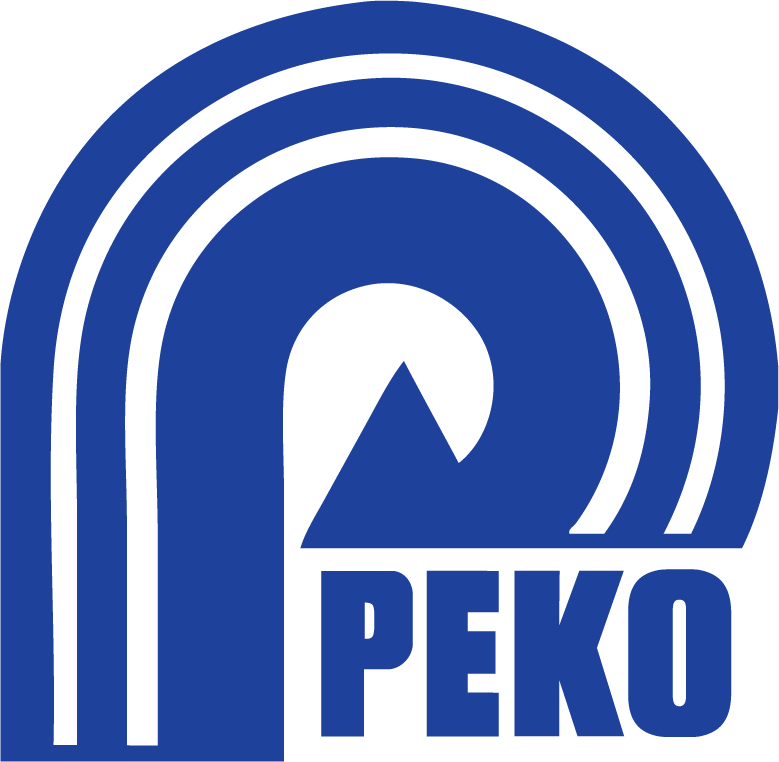An Overview of Metal Products Contract Manufacturing
Metal products contract manufacturing is a specialized service that involves outsourcing the production of metal components and products to third-party manufacturers. This means that businesses can take advantage of the expertise, advanced machinery, and technical capabilities of manufacturers who specialize in metalworking processes such as casting, forging, machining, and fabrication. Contract manufacturers can provide a range of services from prototype development to large-scale production, which helps clients achieve cost efficiencies, reduce lead times, and focus on their core competencies while ensuring high-quality production. This business model is widely used in industries that require precision metal parts, such as automotive, aerospace, construction, and medical devices. By teaming up with contract manufacturers, companies can benefit from scalable production solutions tailored to their specific requirements, which enhances their competitiveness and ability to innovate in their respective markets.
What is the size of the metal products contract manufacturing industry?
The global market for inorganic metal finishing technologies, including metal contract manufacturing, is forecasted to rise from $93.3 billion in 2022 to $119.9 billion by 2027, with a Compound Annual Growth Rate (CAGR) of 6.5% during this period. Additionally, the market size of the Structural Metal Product Manufacturing industry in the US, a segment of the metal contract manufacturing industry, is reported at $61.6 billion in 2023, with anticipated growth in the subsequent five years. In summary, the global metal products contract manufacturing industry constitutes a multi-trillion dollar market, poised to expand at a CAGR of approximately 6-7% over the forthcoming years.
What are the factors to consider when choosing a contract manufacturer for a specific project?
Choosing the right contract manufacturer for a specific project entails several key factors. Firstly, understanding your product and requirements is essential, requiring finalized specifications, prototypes, and materials, along with a clear grasp of budget, production volumes, and timelines. Secondly, evaluating the contract manufacturer’s capabilities involves ensuring their experience, expertise, production capacity, equipment, and quality standards align with your project needs. Thirdly, assessing the working relationship necessitates evaluating communication, collaboration, and their approach to product lifecycle management and supply chain integration. Finally, negotiating the contract involves comparing quotes, defining terms of the manufacturing services agreement, and discussing responsibilities for logistics. Overall, selecting the appropriate contract manufacturer is a strategic decision requiring a comprehensive evaluation of their capabilities, processes, and alignment with the project’s specific requirements.
What are the different types of metal manufacturing?
Metal fabrication encompasses various processes tailored to shape and manipulate metal into desired forms. Casting involves pouring molten metal into molds or dies, allowing it to solidify. Cutting techniques such as plasma cutting, sawing, waterjet cutting, or laser cutting split pre-shaped metal or sheets into smaller sections. Die casting involves forcing liquid metal into dies with high pressure until it hardens while drawing stretches metal through a die to reduce thickness. Extrusion forces metal through a die to alter its diameter or create a cavity, and folding employs a brake press to manipulate metal sheets into specific shapes. Forging utilizes compressive force from a die or hammer to shape metal, while machining involves cutting the metal into specific shapes using tools like lathes. Punching creates holes by pressing metal between a punch and die, and shearing generates long sheet metal cuts through horizontal or vertical feeding in machines. Stamping forms indentations and raised surfaces on metal without penetration, while welding joins metal pieces through heat and pressure. These processes collectively enable the creation of diverse metal products across numerous industries.
How to Find the Best Metal Products Contract Manufacturer?
Finding the best metal products contract manufacturer involves a comprehensive approach that includes assessing the manufacturer’s technical capabilities, experience in your industry, and track record for quality and reliability. Start by identifying manufacturers with expertise in the specific metalworking processes you require, such as machining, welding, or casting. Evaluate their certifications and compliance with industry standards to ensure they meet quality and regulatory requirements. Consider their capacity to scale production to match your needs and their commitment to timely delivery. Visiting their facilities and reviewing samples of their work can offer insights into their operational efficiency and product quality. Be sure to get client reviews and use sites such as Find My Manufacturer to find the best contract manufacturers.

